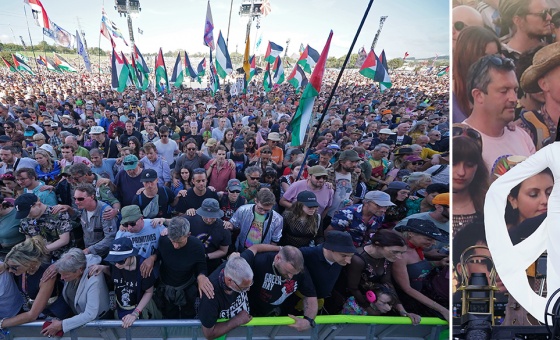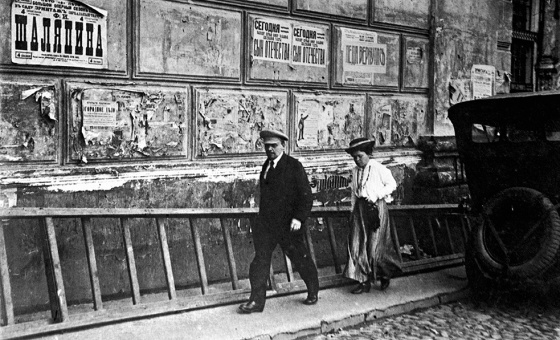This is the last article you can read this month
You can read more article this month
You can read more articles this month
Sorry your limit is up for this month
Reset on:
Please help support the Morning Star by subscribing here
THE “lamentable” state of workplace rights in Britain is directly responsible for the devastating impact of Covid-19, panellists warned at a TUC fringe meeting on Monday night.
Professor Keith Ewing told the Institute of Employment Rights/Campaign for Trade Union Freedom meeting: “It is no coincidence that we have one of the worst health outcomes in the developed world and one of the most highly deregulated labour law systems.”
He said that coronavirus had exposed the failure of government to guarantee secure incomes, safe working or even the inspection and enforcement of what rights do exist, leading to “wage theft on an industrial scale” in the Leicester garment industry which also became a virus hotspot.
Shadow employment rights secretary Andy McDonald said we should question Britain’s economic model, and whether the usual marks by which its success is judged really indicate “an economic structure that delivers good jobs, good homes, good lives for everyone?”
He called for “the repeal of pernicious trade union legislation, the embrace of electronic ballots and facilitation of true trade union access to workplaces.”
TUC senior policy officer Janet Williamson pointed to the super-exploitation of “key workers” who kept the country running at the height of lockdown. She charged: “80 per cent of key workers are paid less than £10 an hour, two-thirds are women. Black workers are literally dying on the job with significantly higher mortality — in part due to poor working conditions.”
CWU general secretary Dave Ward said that before Covid “we knew that the economy was founded on insecure work, in-work poverty and sadly business leaders who never bring solutions to the table — but cut jobs, cut pay, cut services and prioritise dividends to their shareholders.
But trade unions’ record of defending workers’ safety and jobs this year show they “don’t have to wait for legislation” to act, he said.
“If we can organise in sectors of the economy where unions are strong, working together we can build that into a mass mobilisation of workers,” he said.
 Ben Chacko
Ben Chacko










